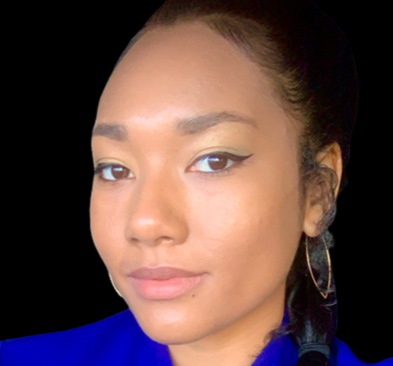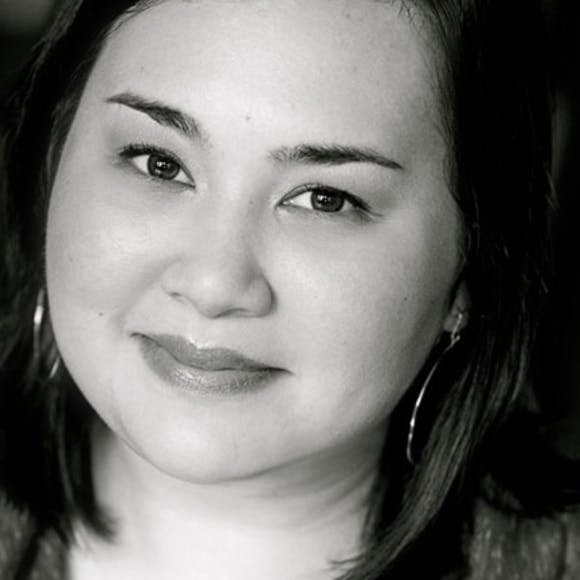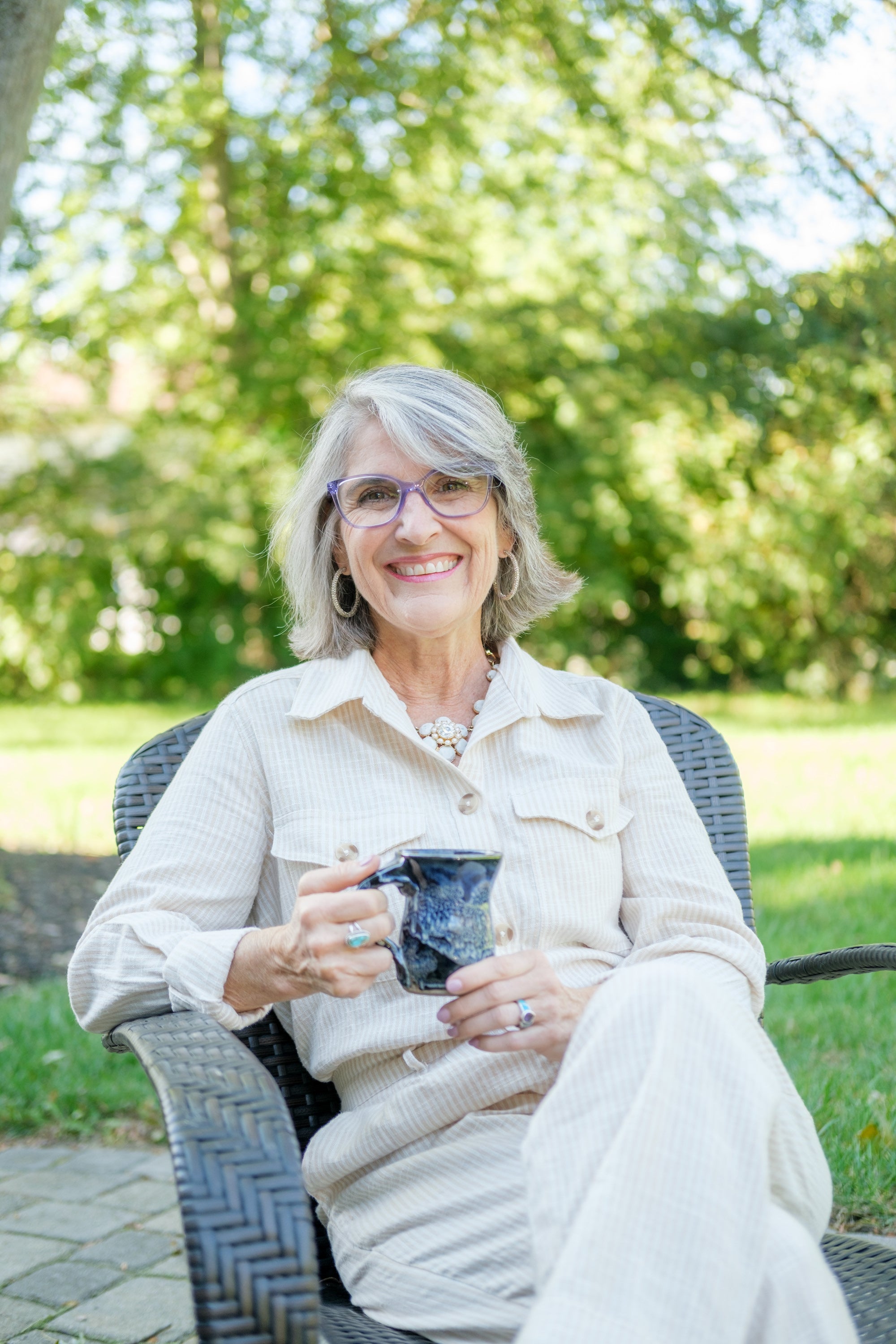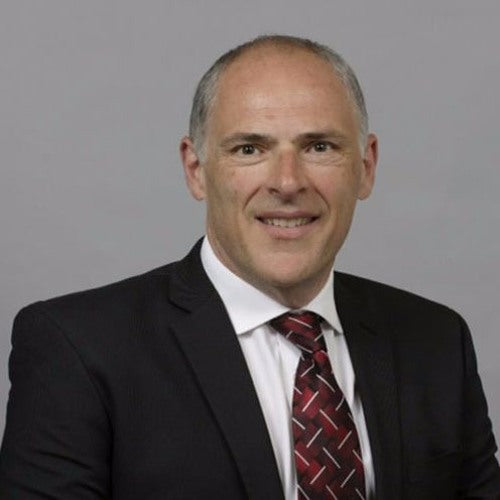Book: What Sammy Knew

Photo by Tom Cobb
Author: David Laskin
Author Bio:
"David Laskin is the author of 'The Family' and 'The Children’s Blizzard', which won the Washington State Book Award and Midwest Booksellers’ Choice Award for nonfiction. The author of several other works of nonfiction, Laskin writes for The New York Times and The Washington Post. He and his wife, the parents of three grown daughters, live in Seattle."
1. What can readers expect from “What Sammy Knew”?
Set in the first months of 1970, What Sammy Knew is the story of a high school senior named Sammy Stein who falls madly in love for the first time at a New Year’s Eve party. Sammy was hoping to end his high school years with a grand passion – but he ends up with far more drama than he bargained for. In short order, Sam and his girlfriend, a firebrand named Kim Goodman, run away from their cushy Long Island suburb, hole up in the drug-soaked East Village of Manhattan, and get in way over their heads in the radical politics of the day.
Through Kim, Sam becomes an unwitting player in a high-stakes plot involving gun running, the Black Panthers, the Weather Underground, and FBI informants. And that’s just one story line! Another central plot line concerns Sam’s relationship with his beloved Black nanny, Tutu Carter. As Sam wakes up socially and politically, he comes to realize that, much as he loves Tutu, he has taken her for granted all his life.
So, readers can expect a tightly plotted page-turner set in a period of history that is eerily reminiscent of our own times. My cast of characters is predominantly young – aside from Tutu, all are in their teens and early twenties – so the book is brimming with youthful innocence, brashness, idealism, and unfocused energy. These kids live at a fast pace, experience much, and expect more – not unlike young people today (but without cell phones or the Internet!).
2. Is Sam a protagonist that readers should root for?
Yes! Yes! Sam is clueless and bumbling in many ways. He dreams of becoming a writer even though he utterly fails to perceive what’s going on right under his nose. He has privileges that, as a white male, he never fathomed and whose consequences he never reckoned with. But all that aside, Sam has a good heart. A great heart! He’s lovable, funny, smart, too innocent for his own good – but when his innocence crashes, he finds his honor and does the right thing. Sammy is a late bloomer – one of those high school seniors who inspires double-takes in his classmates: Sam? Sam! When did you grow up! I have a special spot in my heart for those goofy sweet late bloomers, and I hope my readers do too.
3. Was there anything you learned about yourself while telling Sam’s story?
I think what I learned most was to open my eyes. I was writing about a clueless kid (see above), but in many ways I too have been blind to the privileges and the racism that have poisoned so many aspects of our civic life. Writing about 1970 from the perspective of 2020/2021 was incredibly illuminating. So, at one level I came to blame myself for my failures of perception and empathy. But I also learned to forgive myself, as Sammy does. Sammy learns his lessons the hard one – I got off comparatively easy. I learned by writing about someone else learning.
4. You are already a bestselling author with many beloved books to your name. How is “What Sammy Knew” different from your past work and how have you evolved as a writer since your first published novel?
Well to start with, writing a novel was a big, really big, and really scary step to take. Like many, I always dreamed that one day I would publish a novel – but it took a lot of gumption, nerve and just plain determination to make it happen. Fiction, I came to learn, requires a really different mindset from nonfiction – even novelistic nonfiction narratives like my previous books. In a novel, every character and every scene have to move the story forward – otherwise why include them?
The whole adage about truth being stranger than fiction hit home time and again when I was writing Sammy: the reality of the early 1970s was so bizarre (I know because I lived through it) that it was tough to invent characters and events that did justice to the reality. That other old adage – show don’t tell – became a kind of mantra while I drafted the book. I constantly had to remind myself to get those kids up and out of the house and doing stuff. Initially, I had many scenes of characters sitting around talking. But action speaks louder than words – and it wasn’t until I had internalized this that the book really took off.
Finally, I had to teach myself to leave the facts behind when they didn’t contribute to the story. Many of the characters in Sammy, including Tutu, are based on real people – but it took me a while to understand that “based on” gives the writer a lot of leeway. If the truth doesn’t further your plot, then bend it – or toss it and make something better up. Invention is a big no-no in nonfiction but essential in a good novel.
5. Describe your ideal writing environment?
Quiet. Alone. Not too warm (I get sleepy in overheated rooms). No ringing phones or pinging devices (I always forget to turn them off – and then get mad when they ping in mid-sentence.) Easy access to the outdoors (I hate being cooped up inside and I’m very lucky to have a door right next to my desk with access to the back yard). Before COVID-19 hit, I sometimes enjoyed writing – or especially revising – in coffee shops and library reading rooms.
The background murmur never really bothered me (as long as it didn’t include loud music – when I write, the rhythm of the words is super important and if there’s a competing rhythm I just can’t “hear” my own prose). One small quirk: I frequently mutter aloud what I’m writing, especially dialogue – and that can make working in public a touch embarrassing. Lots of odd side-long glances. But it’s been almost a year since I went to a bar or café so that has not been an issue of late.
6. What’s your best advice for getting over writer’s block?
I hate that expression and never use it if I can possibly avoid it. As far as I’m concerned, there’s no such thing as writer’s block: I prefer the term “writer’s struggle.” I often struggle with a scene, character, plot twist or entire book. I’ve abandoned projects part way through – great ideas but for some reason they didn’t lend themselves to writing. I’ve written books that have never been published and probably never will be. All part of the process.
I find that when I struggle, it’s usually because I don’t really understand what I’m trying to say. Free writing can be hugely helpful: just let it rip and see what emerges. Talk it out with someone you trust. Make a timeline – even with fiction I find this is useful. Do more research. Or just take a break. A writer friend once told me that when he got stuck, he would summon up the thorny passage right before he fell asleep – his brain worked away on it all night, and when he got it – problem solved! That sometimes works for me.
Finally, if something just doesn’t click into place no matter how you struggle with it, just delete. Cutting alone makes almost everything better – and the new slimmed-down version will usually be much easier to bring to a satisfying conclusion.
7. What’s the best book you have read this year so far?
Homeland Elegies by Ayad Akhtar. This book conjures up the truth of our time so vividly and complexly. A Pakistani-American who was raised Muslim, Akhtar is at once inside and outside the culture – the ideal stance for capturing our peculiar moment in time and place.
You asked for one – but I must include another: Telephone Tales by the Italian writer Gianni Rodari. It’s a children’s book, just translated for the first time into English – but it has the delightful absurdism of Ionesco or Dali. I’ve been studying Italian for years – and I read the book in the original (it’s titled Favole al Telefono in Italian). It was perfect for my level.
8. What’s the best advice you have ever received on happiness?
Two bits of advice: #1: in desolation, remember consolation – and in consolation remember desolation. #2: when something gets you down (bad review, nasty editor, hostile audience), give yourself 24 hours to bitch and moan about it – and then move on.
9. Do you plan on writing more books in the future?
Yes! I’m already about two-thirds of the way through the first draft of my second novel. I’m insanely superstitious so I won’t reveal anything about this new book except to say that it’s a big sprawling epic that spans almost the entire 20th century and dips a toe into the 21st. The book will require a huge amount of research to give it the ring of truth (teaser: there are scenes set in New York City right after the 1929 crash; in France during D-Day; in Jerusalem during the Six-Day War; in a dive bar in Bozeman, Montana in 1967) – but I’m putting off all the research until the draft is done.
At this point, I’m just barreling ahead so as to get the story down and the characters fleshed out. I’ll probably be past 70 by the time I get the research finished and the final draft polished. But that’s fine with me. Drafting and polishing are my favorite parts of the process, and so far I’m really relishing this new book.
Places To Find More From This Author:
Twitter: @davidlaskin
Website: davidlaskin.com
Get Your Copy of What Sammy Knew Today!







